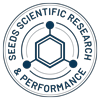ImprovE Patient Outcomes with Cellular Medicine
Master the cellular mechanisms behind aging and disease with cutting-edge research and evidence-based patient care protocols.

PEPTIDE WORLD CONGRESS
THE LATEST RESEARCH AND ADVANCEMENTS IN CELLULAR MEDICINE AND HEALTHSPAN
IN-PERSON TICKETS SOLD OUT
VIRTUAL LIVESTREAM JUNE 13 - 14, 2025

The Leading Cellular Medicine Educators
Everything starts with the cell. At the SSRP Institute, we prioritize learning and teaching the language of the cell to equip healthcare providers and specialists with the tools to address aging, disease, and dysfunction in the body.
Evidence-Based Courses for Real Results
SSRP courses and trainings are based on cutting-edge research and led by actively practicing providers on the front lines of patient care. Our commitment is to provide the most comprehensive Cellular Medicine training available and empower providers to safely and effectively improve their patients’ outcomes.


Breaking Down The Latest Research Live
Cellular Medicine is a rapidly evolving field with new advancements every month. The SSRP Institute brings leading researchers and world-renowned providers together at live events throughout the year to help providers stay up-to-date with the latest advancements in patient care.
Create Better Outcomes and Grow Your Practice with SSRP Membership
Join a thriving community of like-minded providers committed to better patient outcomes and advancing the field of medicine, together. SSRP Members receive exclusive discounts and Members-only access to events, content, our Trusted Partner Network, and more.
Questions? Our Provider Care Team is here to help.
We’d love to help you get started on your Cellular Medicine journey. Click the button below to schedule time to learn more with one of our Provider Care Team members.


